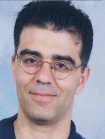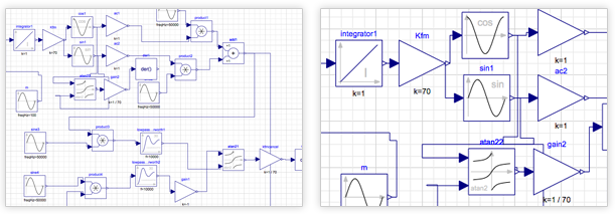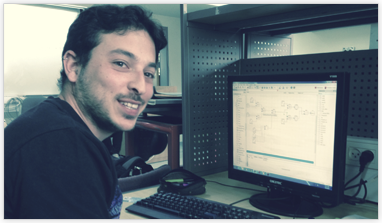Get started with Wolfram technologies, or work with us to apply computational expertise to your projects.
Questions? Comments? Get in touch: 1-800-WOLFRAM, or email us

When Dr. Yehuda Ben-Shimol was asked to teach Introduction to Communication Theory at Ben-Gurion University, he knew he would need a tightly integrated tool that could document interactive models within his lecture notes, yet also allow his students to investigate their own models for a virtual lab experience.
He chose to use Mathematica and Wolfram System Modeler to teach topics including the representation of baseband signals in time and frequency domains (Fourier-based analysis), analog modulation schemes without noise and analog modulation schemes in the presence of white noise.

System Modeler was so intuitive, his students only needed a brief introductory lab exercise to familiarize themselves with the modeling and simulation tool.
"I gave a two-hour special session to expose students to System Modeler, presenting its capabilities with a very short, hands-on lesson given in our computer lab," Ben-Shimol explained. "The students used Wolfram System Modeler in web-enhanced teaching exercises. They were required to construct all analog system modulators and demodulators covered in the course."

Traditionally, Dr. Ben-Shimol's third-year engineering course had been taught strictly as a theory course, relying heavily on whiteboard lectures. However, he found that using Mathematica and Wolfram System Modeler was more engaging and exciting for his students. They no longer had to work through basic component-level system equations in order to explore circuit refinements.
As a result, Wolfram technologies revolutionized the course. Every concept was accompanied by a computerized model to better explain the theory, and System Modeler let students use hierarchical modeling to create a workflow similar to what they will experience after graduation.
Dr. Ben-Shimol has also supported using Wolfram technologies for the broader educational world, promoting it as a "virtual lab environment" that enables experimentation in areas including electrical engineering, mechanical engineering and in programs that combine engineering and biology.